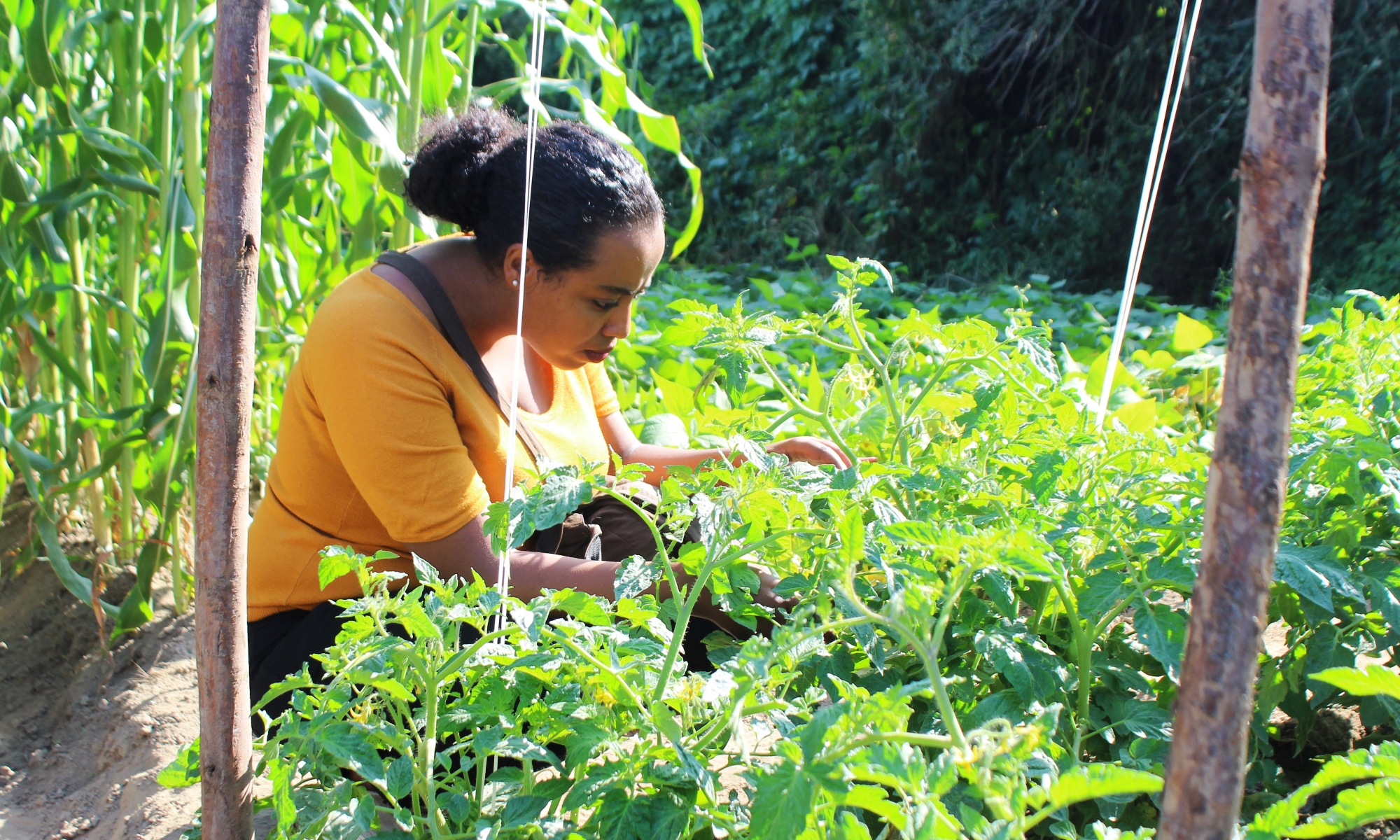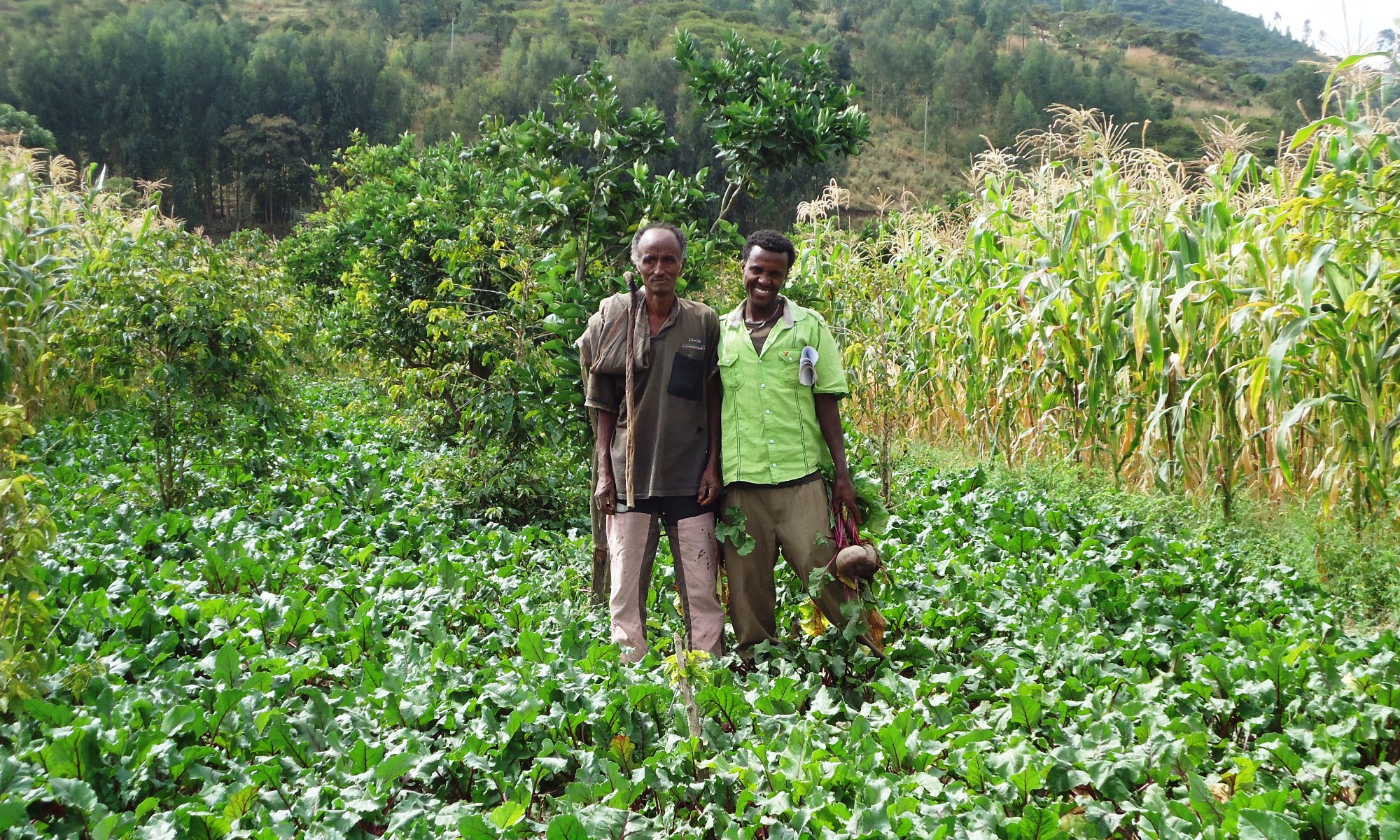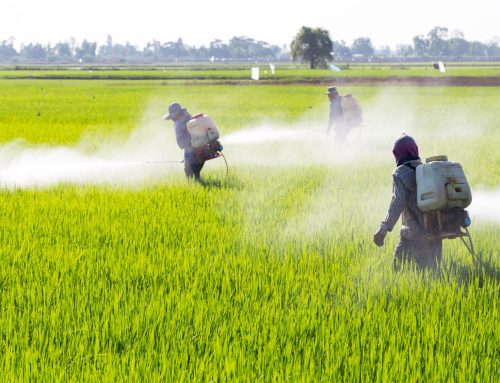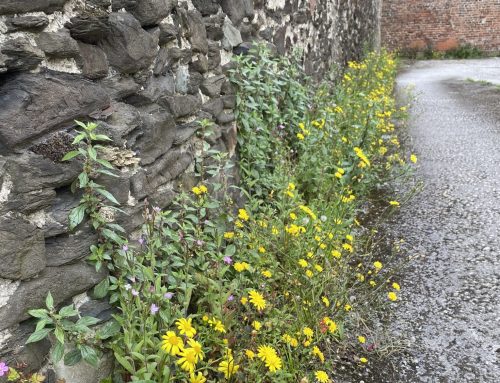by Selam Yilma, Communications Officer, PAN Ethiopia (19th September 2018)
Pesticide Action Nexus Ethiopia (PAN Ethiopia) has taken on the role of implementing the ‘information and communication pillar’ of the Ecological Organic Agriculture (EOA) initiative in Ethiopia. This pillar works to complement the work of other EOA partners through creating increased awareness and knowledge of the value and practices of EOA and by strengthening agricultural extension support systems.

Selam Yilma, PAN Ethiopia
Poor communication and lack of dialogue among research institutions, extension agents and rural farming communities in Ethiopia has resulted in a mismatch of demand and provision of appropriate technologies. This situation has contributed to the country’s persistent problems with food insecurity, environmental degradation and low household incomes among smallholder farmers. PAN Ethiopia’s work as a pillar ‘implementer’ aims to share insights and lessons from experiences by farmers, food processors, marketers, agricultural extension agents and researchers in order to sensitise the general public and policy makers to the importance of EOA in general and organic agriculture in particular.
What is the EOA initiative?
The EOA initiative is led by the African Union and was started in 2013. It aims to establish an African organic farming platform based on available best practices and to develop sustainable organic farming systems. Its mission is to promote ecologically sound strategies and practices among diverse stakeholders in production, processing, marketing and policy making to safeguard the environment, improve livelihoods, alleviate poverty and guarantee food security. The project is currently being implemented in eight African countries: Benin, Ethiopia, Kenya, Mali, Nigeria, Senegal, Tanzania and Uganda.
The EOA project is funded mainly by the Swiss Development Corporation (SDC) and the Swedish Society for Nature Conservation (SSNC). In-country activities are driven by six strategic pillars:
- Research, training and extension
- Information and communication
- Value chain and market development
- Networking and partnership
- Supportive policies and program
- Institutional capacity development
What progress has the EOA made so far?
The Institute for Sustainable Development (ISD), in collaboration with numerous partners including the national Ministry of Agriculture and Livestock Resource, universities, NGOs and media institutions, has been implementing EOA activities in different parts of the country since 2013. In recent years they have worked with smallholder vegetable farmers in the Holeta area of the Oromia region and the South Wollo zone of the Amhara region. They have helped these farmers to set up their own organic farming associations in order to find better market links. Through marketing and value chain studies they were able to create better market links and bridge the gap between organic producers and consumers. The results revealed a strong demand for organic products, mainly in the capital, Addis Ababa. To link trained, organic farmers more directly with consumers in Addis Ababa, ISD supported farmers in agreeing contracts with supermarkets and organising organic market open days.

Members of Estena association on their beetroot farm (Credit: ISD)
So far, EOA activities in Ethiopia have focused on vegetable and fruit production, especially in areas where smallholder farmers are more engaged in growing these crops. In Oromia, Amhara and Tigray, the training and extension component is working with agriculture offices at the village level. Smallholder farmers, government agricultural extension agents, women and youth are at the forefront of the activities. One activity included the organising of street fairs in different towns under the slogan ‘Ecologically produced organic food for all’ to showcase produce grown under agroecological practices and to educate consumers about the benefits of choosing EOA produce and supporting EOA farmers.
The main beneficiaries of the initiative are: smallholder families and farmer groups working as associations or cooperatives; community based organizations; and young people and youth groups. The goal is to have organic and agroecological practices taken up for improved health and economically sustainable livelihoods. A special emphasis is given to maximizing the involvement of women as producers, processors, marketers, and also at the level of PhD/MSc trainees and policy makers.
EOA activities have highlighted the importance of some kind of certification scheme that allows organic consumers to have a guarantee that the produce sold as organic was grown under organic practices. Bearing in mind that third party certification is too expensive for smallholders, ISD laid a ground to start a participatory guarantee system (PGS) which serves as a locally appropriate form of ‘certification’. The essence of the PGS system is for organic producers and consumers to establish a functioning certification scheme based on trust. In order to push the PGS system forward, ISD has developed PGS guidelines, for use by farmers and consumers. Once the PGS is validated, it will be submitted to the Ministry of Agriculture and Livestock Resource’s organic desk as the Ministry is striving to establish a PGS system across the country.
Next steps
A road map for Ecological Organic Agriculture policy in Ethiopia, as a guidance document to implement ecological organic agriculture nationally, has been drafted in 2018, using lessons and experiences from EOA activities conducted by the different implementing partners. This is due to be submitted to the Ministry of Agriculture and Livestock Resources for adoption as supportive guidance of the already existing organic agriculture proclamation. A clear, strong national policy from Ethiopia’s federal and regional governments to promote agroecological production will serve as a major driving force for organic producers, traders and consumers to build a safer, more sustainable, and socially just, local food system. However, a national organic regulation that enforces its implementation is required.
PAN-Ethiopia, as a grassroots actor in organic agriculture, is playing an active advisory role to the Ministry of Agriculture and Natural Resources for the formulation and ratification of the organic agriculture regulation by the council of ministers of Ethiopia.





